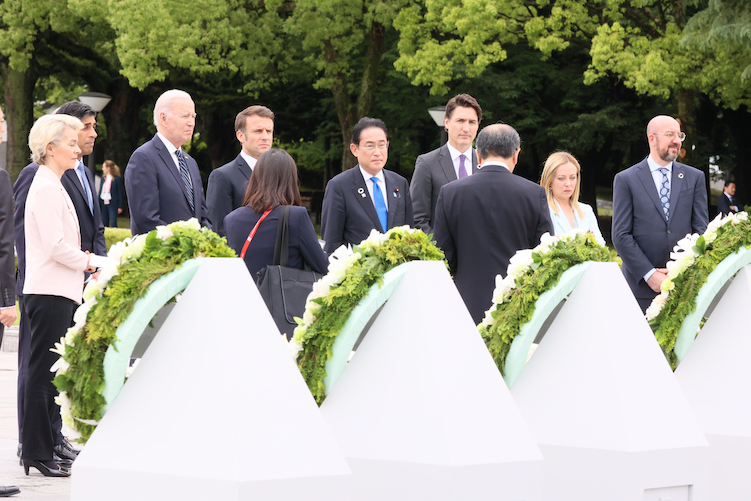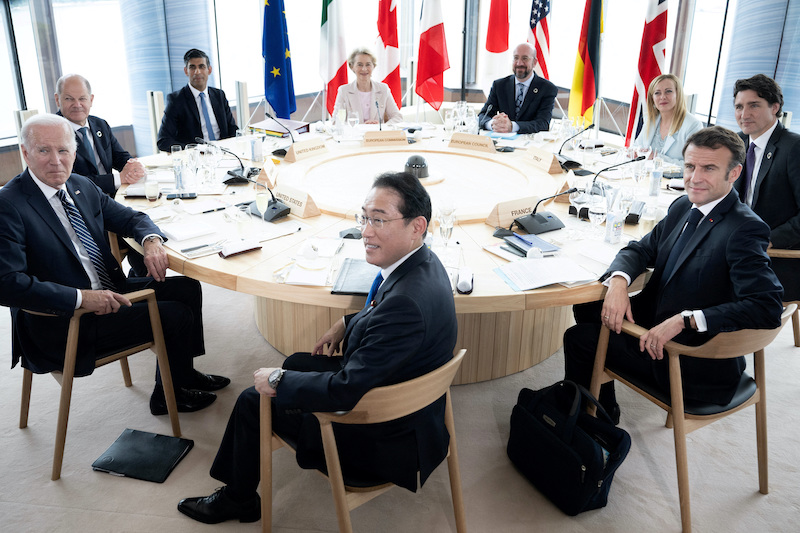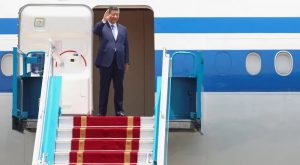The Group of Seven (G7) wealthy nations want to “de-risk, not decouple” from China, a senior US official said on Saturday.
G7 leaders will issue a statement on a shared approach on plans to cooperate with China while also addressing significant concerns about a range of areas, White House national security adviser Jake Sullivan said.
Sullivan said the G7 leaders planned to outline steps to protect sensitive technology, including outbound investment measures, in their joint statement or communique.
“The communique will note that each country has its own independent relationship and approach, but we are united and aligned around a set of common elements,” Sullivan told reporters at the summit in Hiroshima, Japan.
ALSO SEE:
China’s Commerce Minister to Meet US Trade Chiefs Next Week
‘No surprises – the issues are well-known’
Sullivan said nothing in the G7 joint statement should come as a surprise to China, given that the concerns of G7 members were “well known” to Beijing.
“I think you will find the China language to be totally straightforward. It is not hostile or gratuitous. It is just direct and candid,” Sullivan said, adding that the statement emerged after intensive consultations with G7 partners in recent years.
He said the United States expected economic engagement to continue with China, but was still working through the timing regarding planned phone calls, visits and meetings for various administration officials with their Chinese counterparts.
In an early draft of the final communique, seen by Reuters, G7 leaders agreed that China’s status as the world’s second-largest economy necessitated efforts to foster cooperation.
“Our policy approaches are not designed to harm China, we do not seek to thwart China’s economic progress and development,” said the draft, which is still subject to change, calling for “stable and constructive” ties with Beijing.

‘Common tools to address economic coercion’
Sullivan said G7 leaders would outline a common set of tools to address economic coercion, including steps to build more resilient supply chains and efforts to protect sensitive technologies through export controls and outbound investment measures.
Each country would determine its own approach, he said.
The United States had been working to develop the legal authorities for a targeted set of outbound investment controls and would lay out its approach after “full consultations” with G7 partners, Sullivan said.
- Reuters with additional editing by Jim Pollard
NOTE: A minor change was made to the headline of this report and a photo added on May 20, 2023.
ALSO SEE:
G7 Nations Planning Ways to Counter China ‘Coercion’: Yellen
Ex-Apple Engineer Charged For Stealing Tech, Fleeing to China
China to Oppose Any Investment Ban on High-Tech Industries
China Raids Office of US Due Diligence Firm, Detains Staff
US ‘Discussing Possible China Sanctions’ With Allies Over Ukraine
























